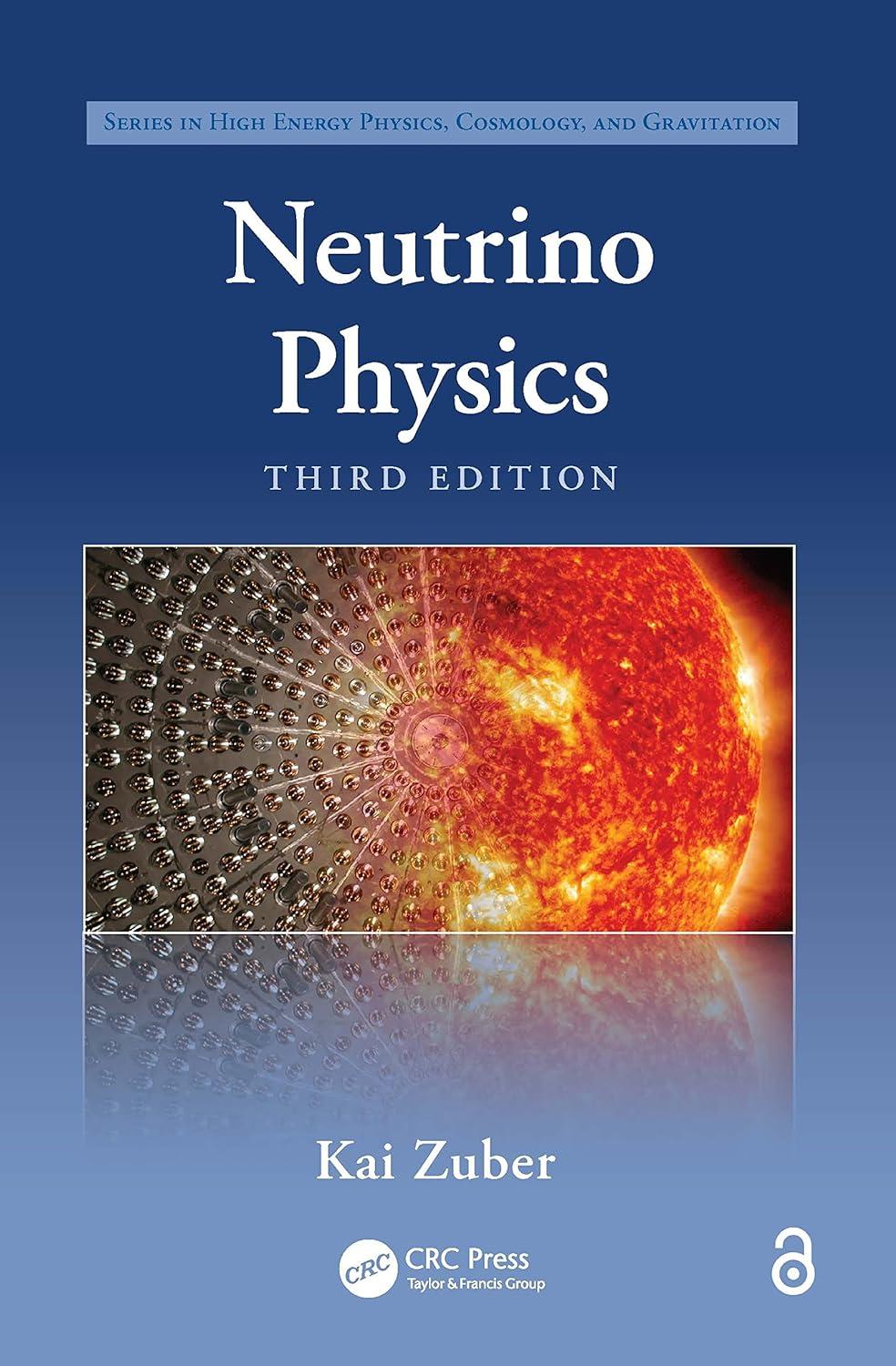Question
To complete the experiment, watch the video and use the Excel data file provided. Video: https://youtu.be/DrmYPsxkdH0 Determine the total mass of cart and cart fan.
To complete the experiment, watch the video and use the Excel data file provided.
Video: https://youtu.be/DrmYPsxkdH0
Determine the total mass of cart and cart fan.m = ____________________
Experiment: Launch the CAPSTONE software, open one window display, and set it up to capture velocity vs. time data. Switch on the smart cart and connect to the PASCO software. Hold the cart with the edge closest to the cart stop at the 40 cm mark while you turn the fan on to its lower setting.Start recording data and then let go of the cart.Stop recording data just after the cart strikes the cart stop. We want the cart to travel 60 cm from the time it is released to when it strikes the cart stop. Plot the position vs. time and velocity vs. time data for Run #1 in the data file provided.Label and copy those graphs here.
2.From the plotted velocity vs. time graph, determine the velocity of the cart just before the collision with the cart stop.Also determine the time interval it took to travel 60 cm, that is, find the time when the cart is released and the time when it strikes the cart stop and determine the time difference, Dt. Make sure your signs and units are correct.
Vf = _______________________delta t__________________________________
3.Use the determined data to determine the change in kinetic energy ( k=1/2mv^2) of the cart during its travel from rest to the point that it struck the cart stop.
delta k = ________________________
Show calculations below:
4.Make a table in Excel like the one below and enter your data for this first run. Then repeat the experiment with mass added to the cart in 100 g increments using the 100 g masses provided. These data are provided as Runs #2 to #5 in the Excel file.Please plot and analyze this data and enter results below.Use formula entry and the fill down operation to complete the kinetic energy and momentum columns.
Table 1: Same Distance
m (kg)
d (m)
vf (m/s)
ti (s)
tf (s)
Dt (s)
DK (J)
5.If the force provided by the fan was the same for each run, how does the work done by that force compare from one run to another?Make sure to use the definition of work in the explanation ( where q is the angle between the force vector and the displacement vector).
6.If the force and distance are the same for each run with a different mass, then the work done by the fan is the same in each run.Looking at the determined table and answer from Question 12, does this result in approximately the same change in kinetic energy?
7.Does the determined results support the Work-Kinetic Energy Theorem:?Explain.
Part B:
1.We are going to use the data already collected to investigate the momentum change for a force acting for a certain time.Look at the determined results in Table 1 and choose a time interval, , that is smaller than the time of travel for your quickest run.
delta t = ________________________


Step by Step Solution
There are 3 Steps involved in it
Step: 1

Get Instant Access to Expert-Tailored Solutions
See step-by-step solutions with expert insights and AI powered tools for academic success
Step: 2

Step: 3

Ace Your Homework with AI
Get the answers you need in no time with our AI-driven, step-by-step assistance
Get Started


